Over the past 20 years, the company has modernized its operations, now hosting Europe’s most advanced hot rolling mill in Kraków. Additionally, the heavy section mill in Dąbrowa Górnicza is part of an elite group capable of producing 120-meter-long rails. In terms of environmental achievements, the company has reduced carbon dioxide emissions by 42%, dust emissions by 90%, and energy consumption by 40%. According to a 2023 report by the Warsaw School of Economics, ArcelorMittal is the second-largest foreign investor in Poland.
These accomplishments gain further significance in the context of the European steel sector, which is currently facing severe challenges. Many steel producers in Central and Eastern Europe are struggling with increasing costs and an influx of subsidized cheap imports.
Speaking at the 20th-anniversary celebrations in Sosnowiec, ArcelorMittal Europe CEO Geert Van Poelvoorde highlighted the intense pressures on the European steel industry. "Steelmakers in Europe are under significant strain due to high production costs and the flood of cheap imported products. If this continues, the European steel industry will keep shrinking. However, with the right policies, our sector can thrive and remain the backbone of European industry," Van Poelvoorde reported.
He called for support from the Polish government, emphasizing that 2025, when Poland will hold the Presidency of the European Council, will be a pivotal year for the future of European steel. The outcome of the Carbon Border Adjustment Mechanism (CBAM) legislation, which will influence the sector’s competitiveness and ability to invest in decarbonization, will be crucial.
Poland’s role in the future of European steel...
Van Poelvoorde stressed Poland’s key role in shaping Europe’s steel policies during its European Council Presidency. He noted that the first half of 2025 will be vital for setting the direction of the European Commission’s steel and metals action plan, which will significantly impact the future scale of Europe’s steel industry.
He also welcomed the recent nominations for new European Commissioners, viewing them as a positive development for the steel sector. The appointment of Stephane Séjourné as Commissioner for Prosperity and Industrial Policy, with a mandate to develop a steel and metals action plan, was particularly well-received by the industry.
In his closing remarks, Van Poelvoorde addressed the growing global trend toward protectionism, urging Europe to clarify its future role. He argued that Europe cannot remain an economic powerhouse without a strong industrial base, particularly in the steel sector. "Decarbonization through de-industrialization is not a viable solution for Europe, nor for the world or our climate," he said.
ArcelorMittal’s achievements in Poland reflect the company’s commitment to decarbonization, even as the European steel industry faces significant challenges. Poland’s strategic position in Europe will play a critical role in shaping the future of the region’s steel industry, with upcoming policies likely to determine its trajectory for years to come.


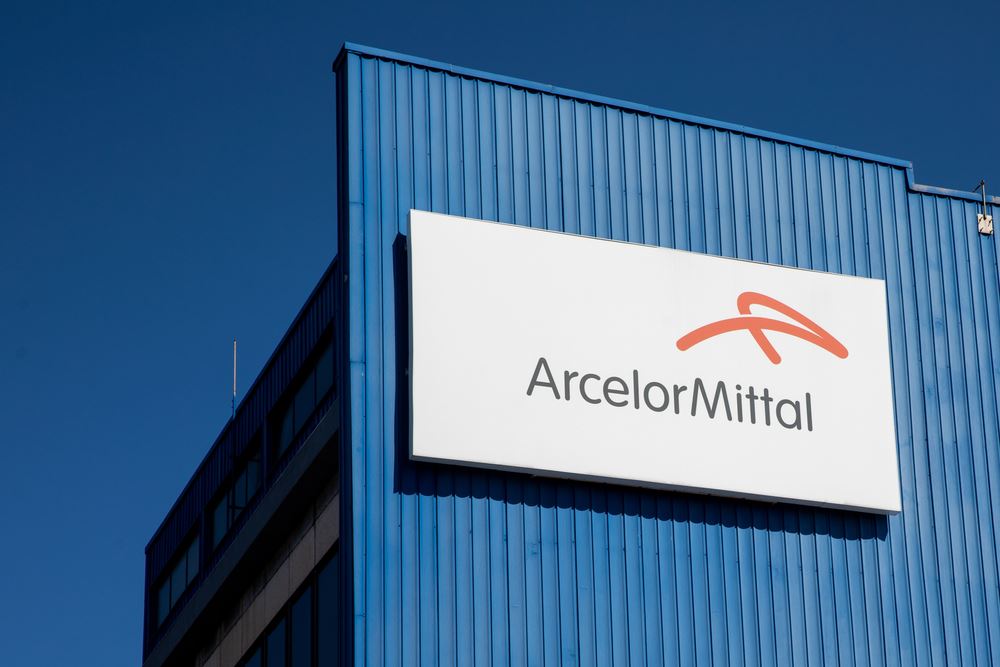
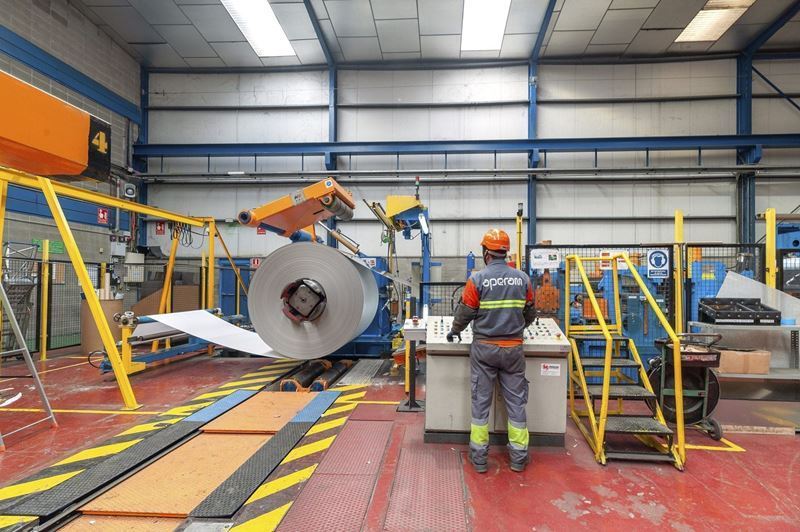
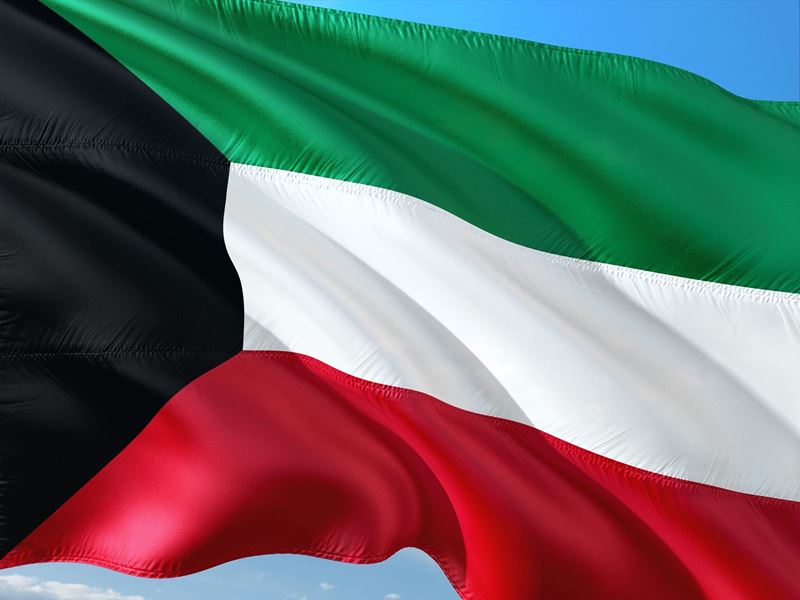
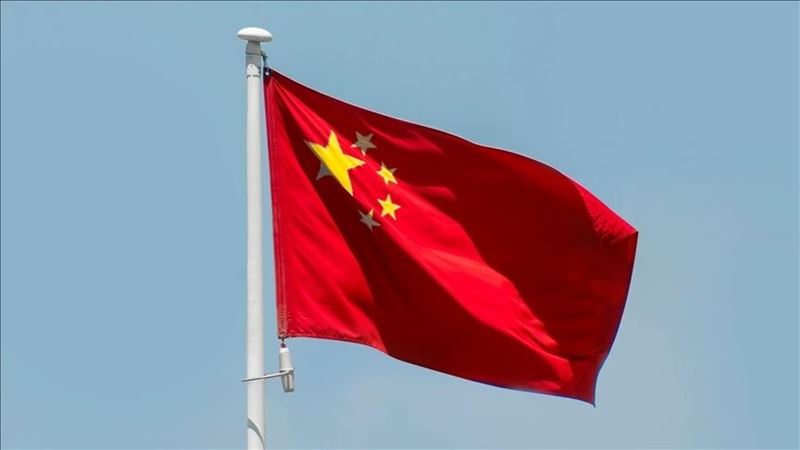
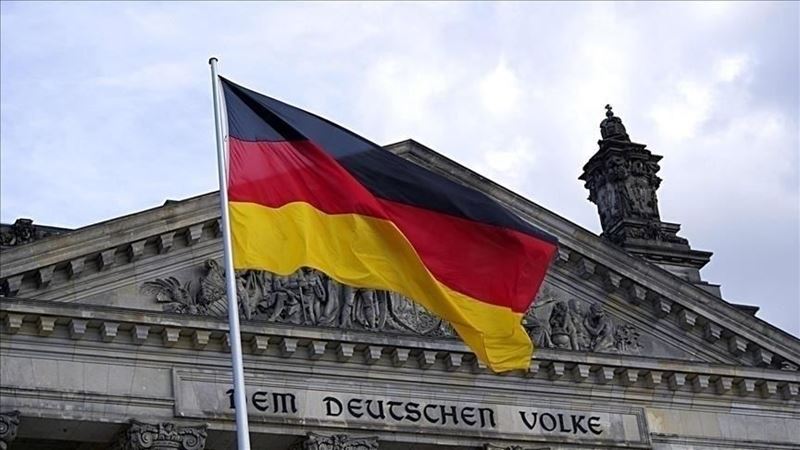
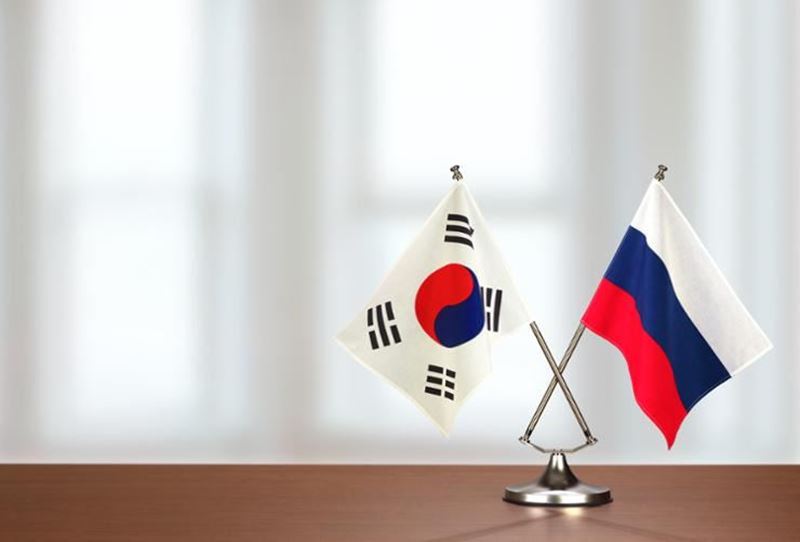

Comments
No comment yet.